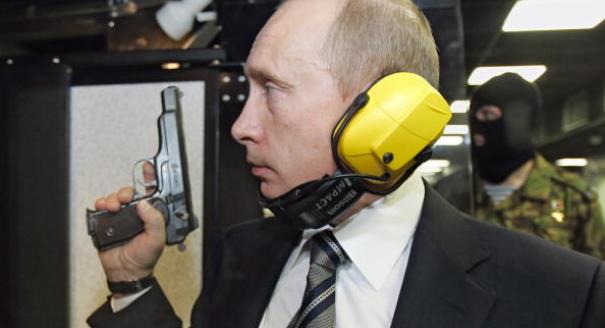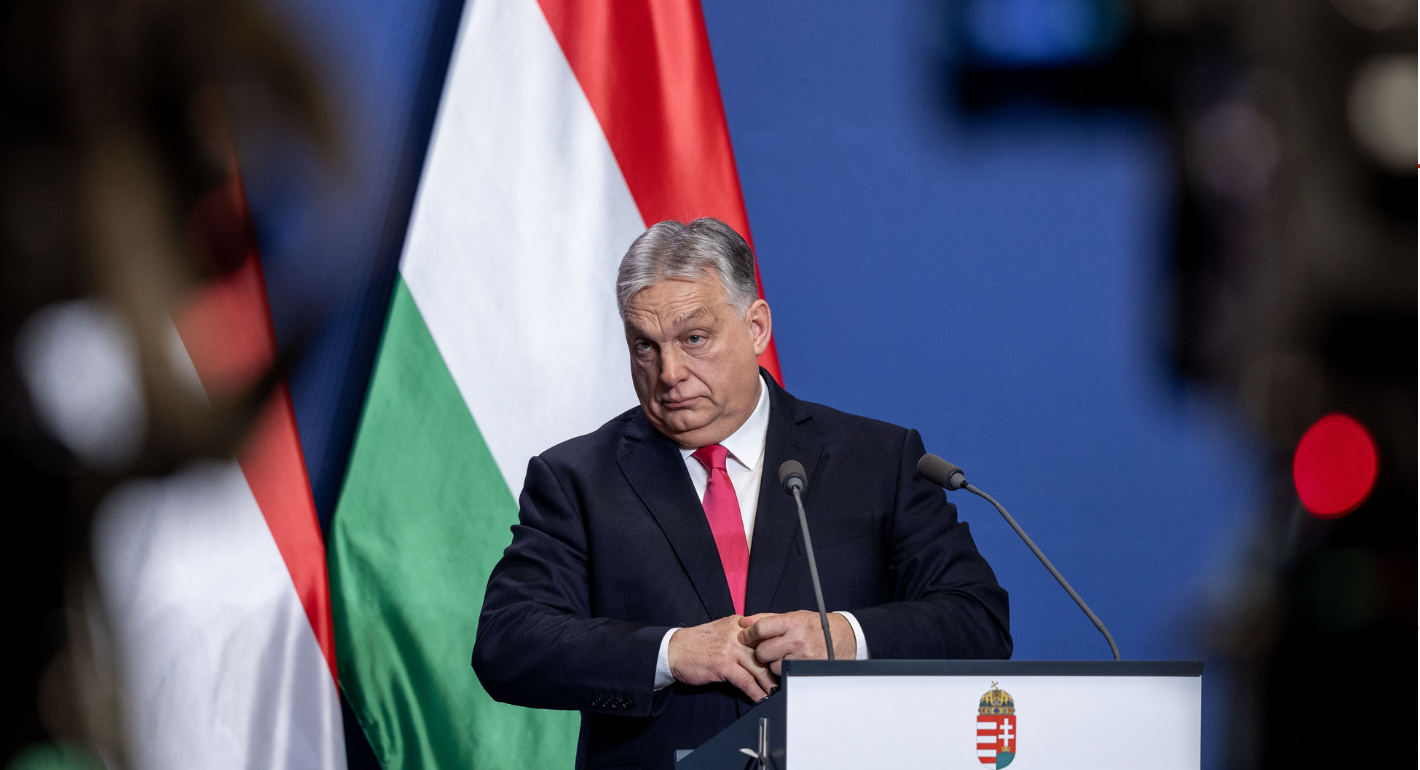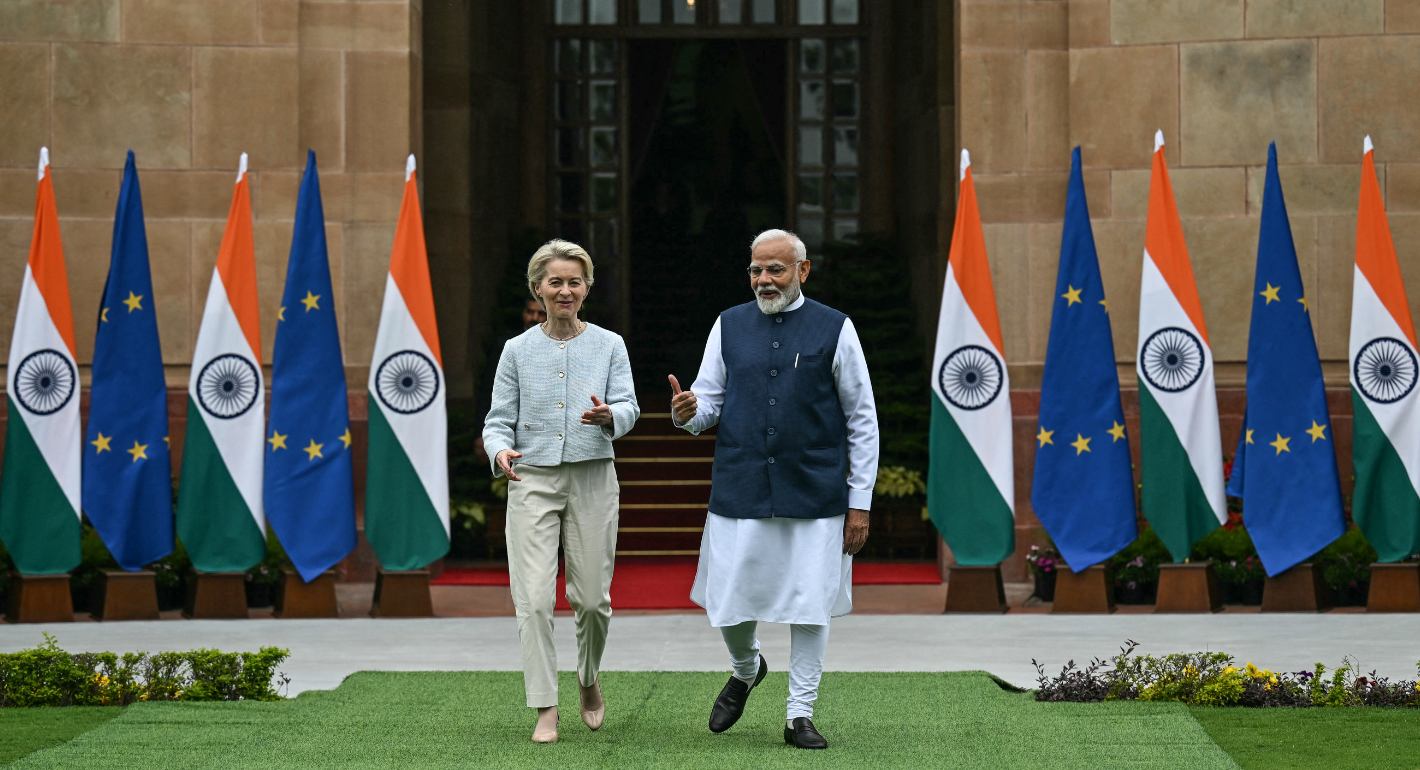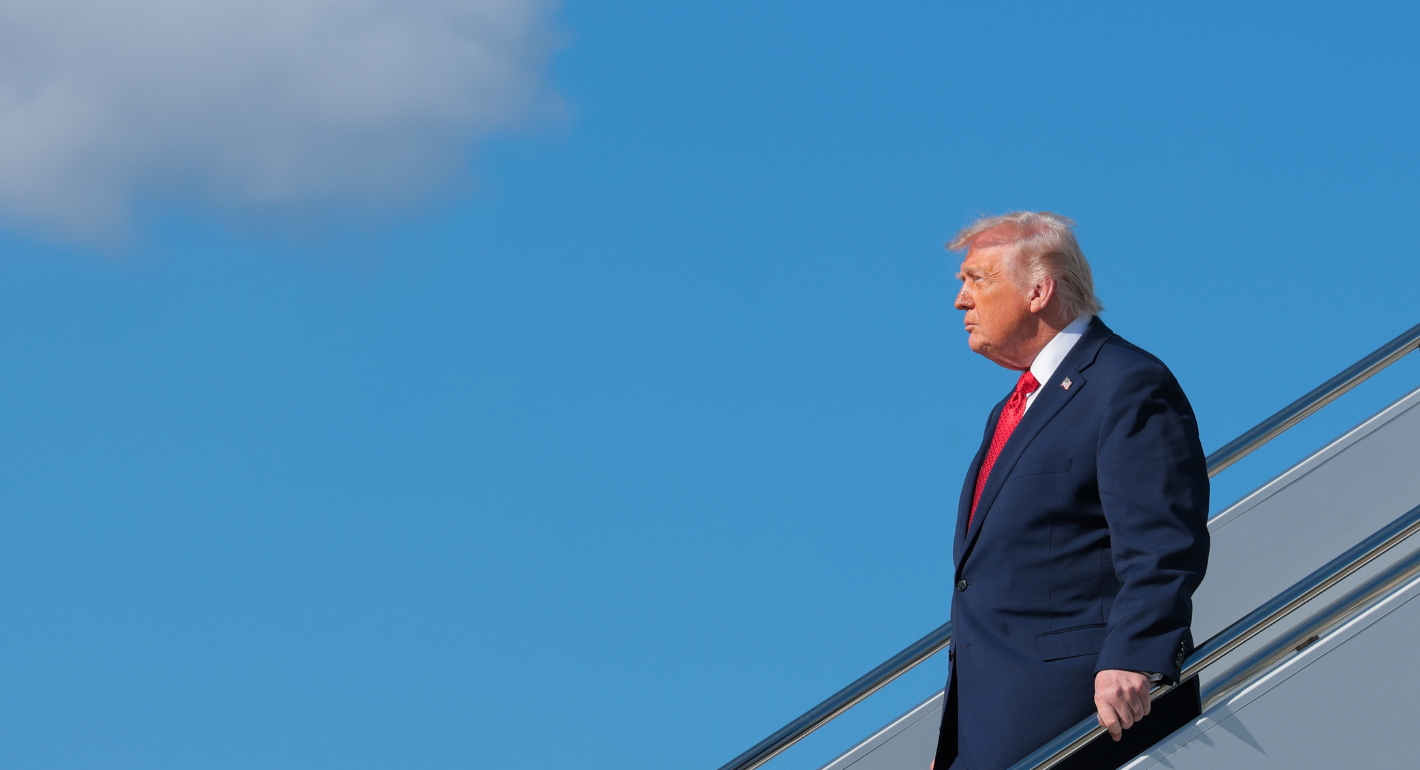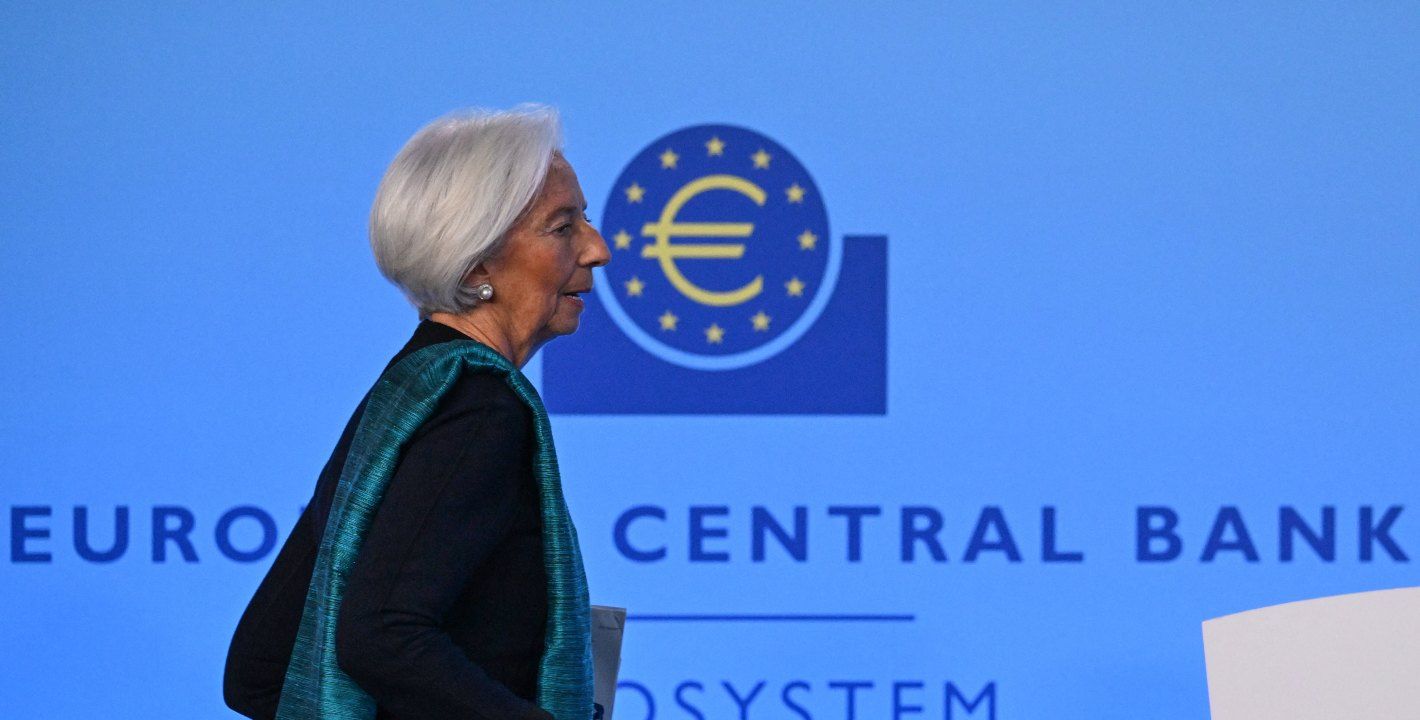During the Cold War and its immediate aftermath, the idea of the West stood for the Euro-Atlantic structures of NATO and the European Union. These were the two organizations that the new and emerging democracies of Eastern and Central Europe aspired to join. They wanted to be part of the Western system of values and democracy, of free markets and security. NATO and the EU retain an immense attraction for the Western Balkan countries but also for Moldova and Georgia, and even Armenia. And, of course, Ukraine.
But in recent years, Euro-Atlanticism had taken a back seat. The EU had become inward looking because of the euro crisis, enlargement fatigue, and weak leadership. All the plans for building a common security and defense policy had come to naught.
NATO was exhausted by its mission in Afghanistan and demoralized by the fact that U.S. President Barack Obama showed little interest in the alliance. In addition, most of NATO’s Western European members refused to engage their publics in a debate on why defense matters and why they should spend on security. And despite pledges from NATO’s top brass, the alliance preferred to speak little, if at all, about its “open door” policy of offering membership to any country that meets the criteria.
How perfect it was for Putin to have a weak and divided NATO and EU: in short, a weakened West whose resolve he could test.
During this year’s inspiring Lennart Meri security conference in Tallinn on April 25–27, Ukraine inevitably dominated all the debates. Given the venue, it was the Estonians and the Finns, the Norwegians and the Swedes, the Danes and the Poles—and the Americans—who had a special feeling for the meaning of Euro-Atlanticism and its particular relevance in the Ukraine crisis.
In Finland and Sweden, for example, a passionate debate is under way about whether these countries should join NATO. That debate clearly shows that Helsinki and Stockholm feel threatened. They have an acute sense of the fact that Putin has invested heavily in Russia’s armed forces and strategic interests in the Arctic.
In the other countries along the Baltic Sea, there is a deep awareness of the need to protect and project Euro-Atlanticism. Given what Russia is doing in Ukraine, that means standing up to Russia. Sanctions against Moscow agreed to by the Americans and Europeans will eventually bite, but more immediate action is needed to stop Russia from spreading the conflict further.
This is not about waging war against Russia. Instead, it is about not giving up on Euro-Atlanticism. That consists of a special mix of extending security to Europe’s Eastern neighbors through NATO and fostering democracy through the EU.
Yet in northeastern Europe, there is a consensus that NATO has reacted too little and too late to what Putin is doing in Ukraine. In Tallinn, even NATO political advisers, including U.S. officials, privately criticized the reassurance measures given to the Baltic states and Poland as insufficient.
As it is, there is a huge security vacuum in that part of Europe. At least the United States decided unilaterally to send 600 troops on a rotating basis to the Baltics and Poland, hoping that other countries would follow suit.
NATO could do much more by deploying troops on a permanent basis there. Several big Western European governments oppose this step on the grounds that a 1997 agreement between NATO and Russia under former president Boris Yeltsin prevents such deployments.
“That was a different time,” said Dietmar Stüdemann, who was Germany’s ambassador to Ukraine during the 2004 Orange Revolution. “Forward deployment must happen soon. And we have to extend stability further,” he told the Lennart Meri conference.
Several Western European NATO members have already balked at such a suggestion for another reason: it would provoke Russia. This is a disingenuous argument. Putin is destabilizing Ukraine, and that threatens Europe’s security. NATO is in big trouble if it is not willing to put boots on the ground to reinforce its member states in Eastern Europe.
As for the EU, it has been completely out of its depth over the Ukraine crisis. It should have insisted on being present in Eastern Ukraine in addition to sending scores of experts to its embassy in Kiev. After all, the EU has just committed €11 billion ($15 billion) to Ukraine.
Instead, the Organization for Security and Cooperation in Europe has been given the task of monitoring Eastern Ukraine. Russia, one of the international organization’s founding members, has allowed the mission to go ahead. But since pro-Russian militia forces kidnapped several of its observers on April 25, it is doubtful how much it can achieve.
None of the above is good news for the West’s resolve. The only European leader who can change this is German Chancellor Angela Merkel.
Europe’s most powerful leader has been in regular contact with Putin and Obama, so Merkel knows exactly what is at stake: it’s the credibility of the West to be able to defend its values, its borders, and its neighbors. Obama and Merkel have the power to make a big difference to Euro-Atlanticism. They now need the political will to do so.

